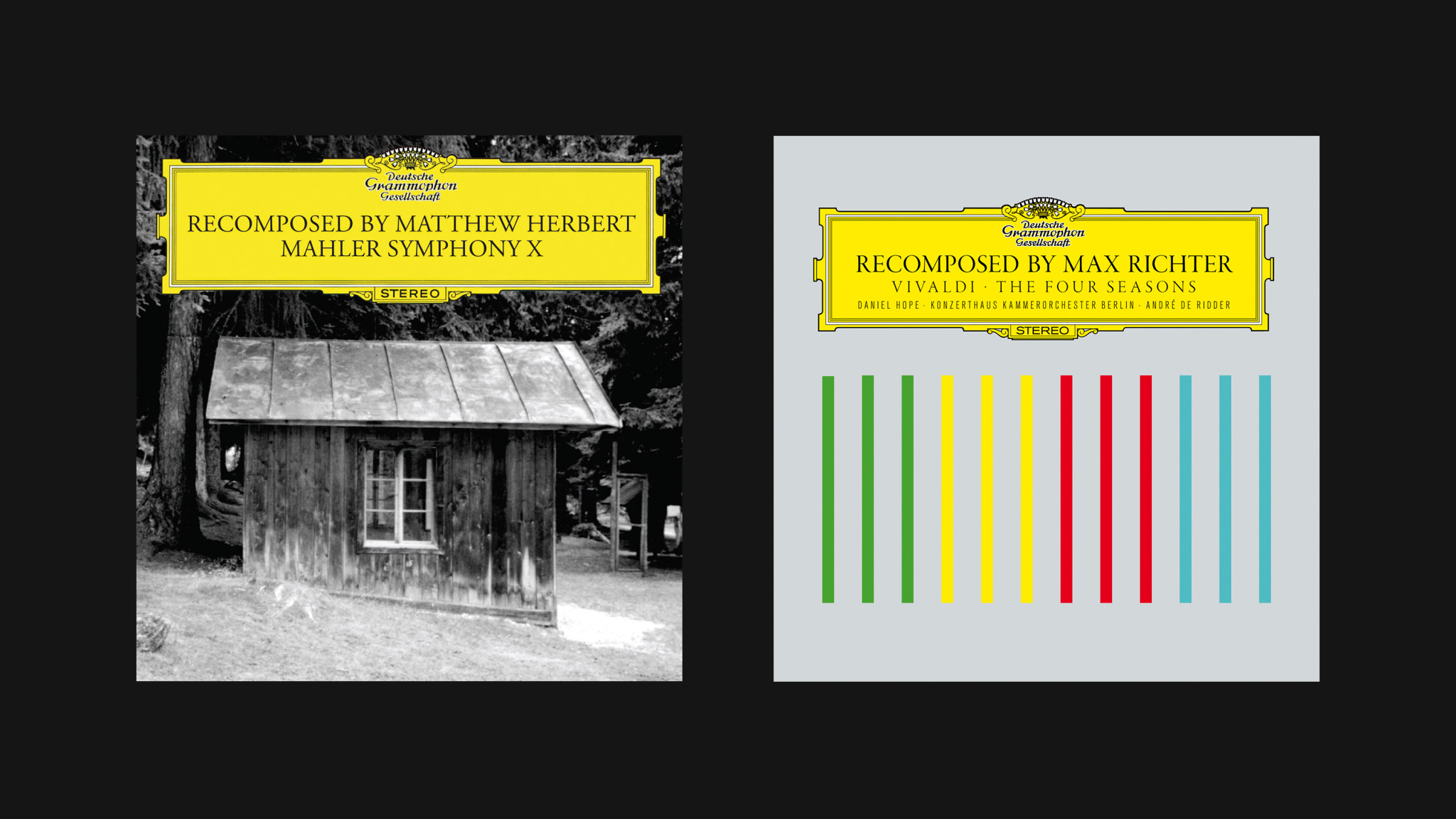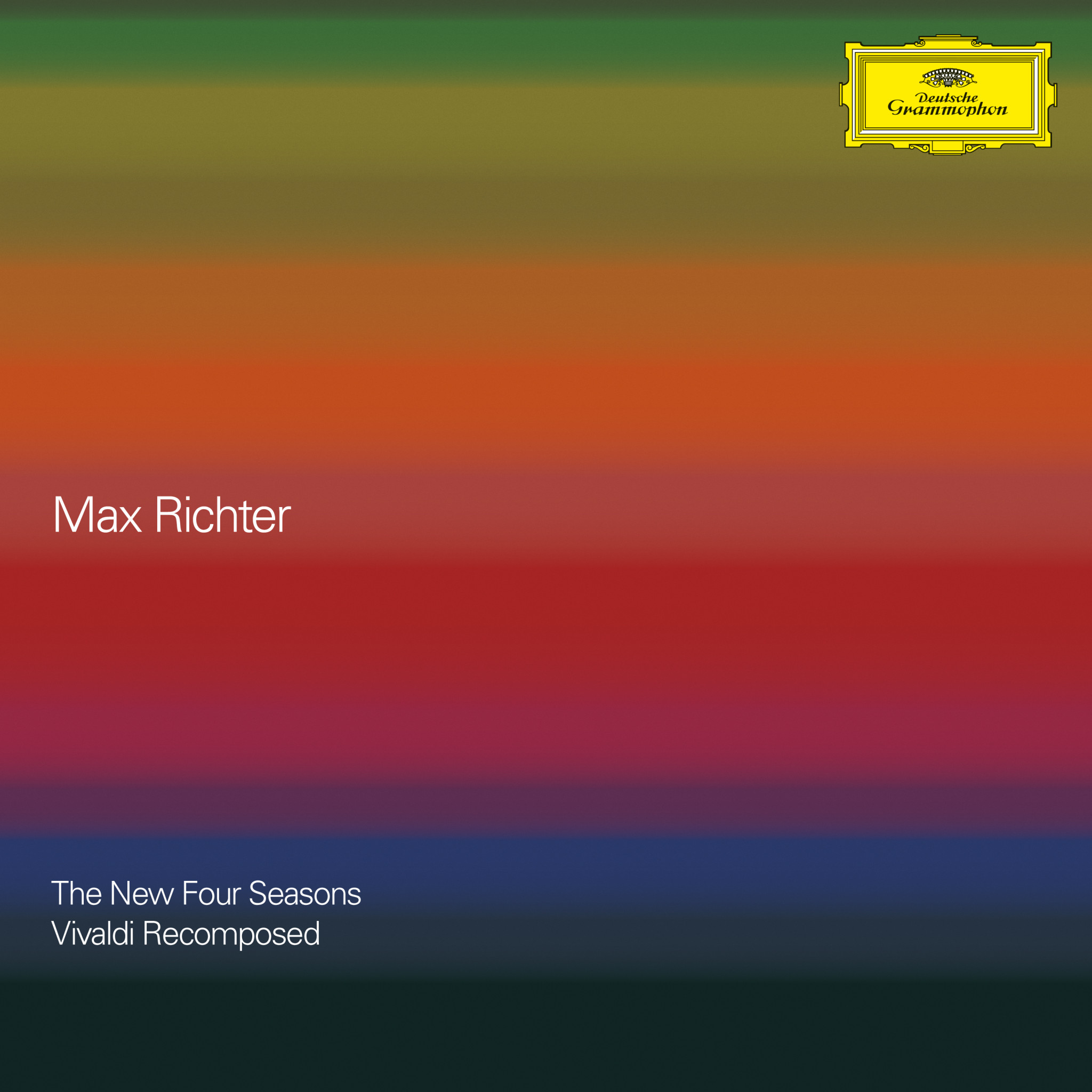By Paul Sullivan
In part one of our Re:Composed anniversary tribute (which you can read here), we covered the first three releases in the series, in which composers as diverse as Edgar Varèse, Steve Reich, Dvořák, Rimsky-Korsakoff, Ravel and Mussorgsky were reimagined by German dub and hip hop producer Matthias Arfmann, eclectic Finnish maestro Jimi Tenor and techno stalwarts Moritz von Oswald and Carl Craig.
All of these projects proved diverse and groundbreaking—but the fourth release, which came in 2010, was even bolder yet. Helmed by British electronic experimentalist Matthew Herbert, it recomposed Gustav Mahler’s unfinished tenth symphony, or more specifically the first movement of it (Adagio), which was the only part the Austro-Bohemian composer completed before succumbing to bacterial endocarditis at the age of 50.
No stranger to taking on musical challenges and tackling conceptual works, Herbert set about the work with typical creative aplomb, eschewing anything obvious such as sampling and looping in favour of playing and re-recording an 1987 recording by the Philharmonia Orchestra (conducted by Giuseppe Sinopoli) in a series of special locations related to what he saw as the “deathly aura” that surrounds the work—for not only did Mahler die before finishing it, but it was also written following the tragic death of his daughter.
These recordings involved fitting a custom-made cardboard coffin with a car stereo to record sections of the piece with the lid closed; enlisting Patrick Pulsinger to perform a viola solo at Mahler’s grave; and recording parts behind a curtain in a crematorium, as well as in a remote hut similar to the one in which Mahler composed his great—if incomplete—work.
Listen closely, and you can also hear additional ambient or ‘found sounds’ such as footsteps, bird song and rustling paper, plus the occasional intense electronic intervention, which are all aimed at amplifying the piece’s themes of isolation, terror, loneliness and melancholy. Mahler connoisseurs were so impressed with the final outcome that he was even invited to perform his interpretation at the famed Mahler Festival in South Tyrol.
But while Herbert’s project was a conceptual tour-de-force, the following release was the one that helped the Re:Composed series find real mainstream success. Volume five was created by none other than British-German composer Max Richter, whose initial idea had been to recompose Vivaldi’s Four Seasons, a work he loved but could no longer listen to because it was so tediously ubiquitous in popular culture.
This initial vision grew into a rewriting and rerecording of the classic quartet of violin concerti as a more determined attempt to reclaim the music from its almost absurd overuse, and to try and see it again from a new perspective. Working with Konzerthaus Berlin’s Chamber Orchestra alongside violinist Daniel Hope and conductor André de Ridder, and utilising the Archiv recording of The English Concert, Richter set about discarding about 75% of the original work but retaining its “DNA” in the shape of mood, gestures and shape; he reinterpreted the rest using techniques like layering and looping, and adding electronic elements to build a refreshingly different yet familiar version.
It goes without saying that transforming such a classic work was a huge risk—but it turned into a resounding success. The album stormed the classical music charts in 22 countries, was streamed 450 million times, and appeared in numerous films and TV projects, including The Crown and Bridgerton. In 2013, Richter received a German ECHO award and also inked a deal with Deutsche Grammophon.
The album was so popular that it was re-released and expanded with remixes and newly composed electronic soundscapes, an exclusive filmed performance featuring Max Richter and violinist Daniel Hope—recorded in Berlin at the end of 2013 and premiered at the 2014 Berlinale—was released, and there was even an innovative app that allowed comparisons of the recomposed and the original versions, supplemented by commentary, background information, and special user features. Richter and his work even showed up on Germany's Next Top Model.
But that was still not the end. One of Richter’s original ideas had been to recompose The Four Seasons with baroque-era instruments of the kind Vivaldi would have used. There hadn’t been much enthusiasm for the notion at the time, but in 2022—a decade after the original release—the composer finally managed to compose it yet again for period instruments, as well as Moog synthesizer from the 1970s, working with violinist Elena Urioste and musicians from Chineke!—a multi-ethnic, majority black ensemble. This masterful follow-up was titled The New Four Seasons – Vivaldi Recomposed.
“Period instruments have a different character from modern ones and bring out different qualities in the musicians,” explained Richter in an interview. “The instruments and the bows are lighter, the strings – made of gut rather than steel – are more responsive, so there is a more intimate human connection. They might make a smaller sound but within that sound there is greater light and shade. You can hear it particularly in the extremes; in the very slow, tender music you get a very direct feeling of the individual players, and in the very fast, intense, dynamic music you feel the orchestra is about to blow up.”
Although there are obvious similarities between Richter’s old and new recompositions, the aim with this second was also a “grittier, more punk rock sound”, something achieved at least in part, along with some impressive timbral variance. But the broader accomplishment, unthinkable before 2012, was making The Four Seasons listenable as a piece of groundbreaking music again, rather than serving as an advertising jingle or a wedding soundtrack. One gets the feeling that Vivaldi himself would approve.


